In recent years, the rise of Decentralized Autonomous Organizations (DAOs) has reshaped how crypto projects operate, evolve, and scale. Instead of central decision-makers guiding development from the top, DAOs allow communities to collectively steer the direction of a project. As Web3 continues to encourage decentralization, transparency, and community ownership, DAOs have emerged as one of the most impactful innovations in the blockchain ecosystem. Their growth signals a larger shift toward trustless coordination and shared governance structures that redefine how digital communities organize and wield influence.
What Exactly Is a DAO?
A Decentralized Autonomous Organization is a transparent and self-governing community structure that operates through smart contracts on the blockchain. These smart contracts encode the organization’s rules and decision-making processes. As a result, the DAO can function without traditional leadership roles such as CEOs, boards, or directors.
To participate, community members typically hold a governance token, which grants them the right to vote on proposals. These proposals can include funding decisions, project upgrades, ecosystem partnerships, or strategic development choices. Because the blockchain records all votes and decisions, governance within DAOs remains open, auditable, and censorship-resistant.
Why DAO Governance Matters
DAO governance matters because it shifts power away from centralized founders and distributes it among the people who actively support and believe in the project. Traditional corporate structures rely heavily on executive decisions, which often exclude the broader user community. In contrast, DAOs align the incentives of developers, investors, and users by giving them shared ownership and influence.
Moreover, DAOs greatly reduce trust requirements. Members no longer need to trust individuals; they only need to trust the code and governance framework. This shift plays a crucial role in advancing Web3’s promise of decentralized coordination.
How DAOs Are Shaping Crypto Projects
1. Encouraging Community Ownership
DAOs promote meaningful engagement by allowing token holders to shape discussions and outcomes. When people feel heard and empowered, they become more invested in the long-term success of the project. This creates stronger communities, higher innovation, and improved project sustainability.
2. Increasing Transparency and Accountability
Every proposal, vote, and funding decision remains permanently visible on the blockchain. Because of this transparency, community members can hold decision-makers accountable. No hidden deals, no off-chain negotiations, and no private agendas, just open governance.
3. Funding Innovation at Scale
DAOs often maintain treasuries funded through token issuance, donations, or ecosystem revenue. These treasuries can exceed millions or even billions of dollars. Members vote on how to allocate them to developers, partnerships, marketing initiatives, and ecosystem expansion. This democratized funding model has created a new wave of decentralized venture capital.
4. Reducing Single Points of Failure
Unlike centralized projects that rely on a small leadership group, DAOs distribute responsibilities across many contributors. This reduces the risk of collapse due to mismanagement, personal bias, or regulatory pressure.
Examples of Successful DAO Governance in Action
Several major blockchain projects illustrate how DAOs enable long-term resilience:
These DAOs have demonstrated how decentralized governance can maintain protocol stability while fostering innovation and community-led development.
Challenges DAOs Still Face
Although DAOs offer many advantages, they also encounter obstacles:
- Voter Apathy: Not all token holders are active participants.
- Whale Influence: Large token holders may dominate vote outcomes.
- Coordination Difficulties: Decision-making can become slow when many voices are involved.
- Regulatory Uncertainty: Laws governing decentralized communities are still evolving.
However, as the Web3 ecosystem matures, so do governance frameworks, voting mechanisms, delegation systems, and incentive models that help reduce these challenges.
The Future of DAO Governance
Looking forward, DAOs are poised to expand beyond crypto and into broader economic and social fields. We may see DAOs governing:
- Digital cooperatives
- Metaverse worlds
- Open-source developer communities
- Global non-profit initiatives
- Decentralized corporate entities
Furthermore, advancements in AI-assisted governance, soulbound identity tokens, and cross-chain DAO tooling will strengthen collective decision-making and improve participation efficiency.
DAOs symbolize a future where rules are transparent, ownership is shared, and communities lead with purpose.
Conclusion
The rise of DAO governance is not just a trend; it represents a fundamental shift in how people collaborate and manage digital ecosystems. By placing power in the hands of the community and leveraging transparent, automated governance models, DAOs are reshaping the future of global coordination. As more crypto projects adopt decentralized governance models, we edge closer to a more inclusive, democratic, and resilient digital economy.
The post The New Age of Collective Power: How DAO Governance Is Transforming Crypto from the Inside Out appeared first on FXcrypto News.










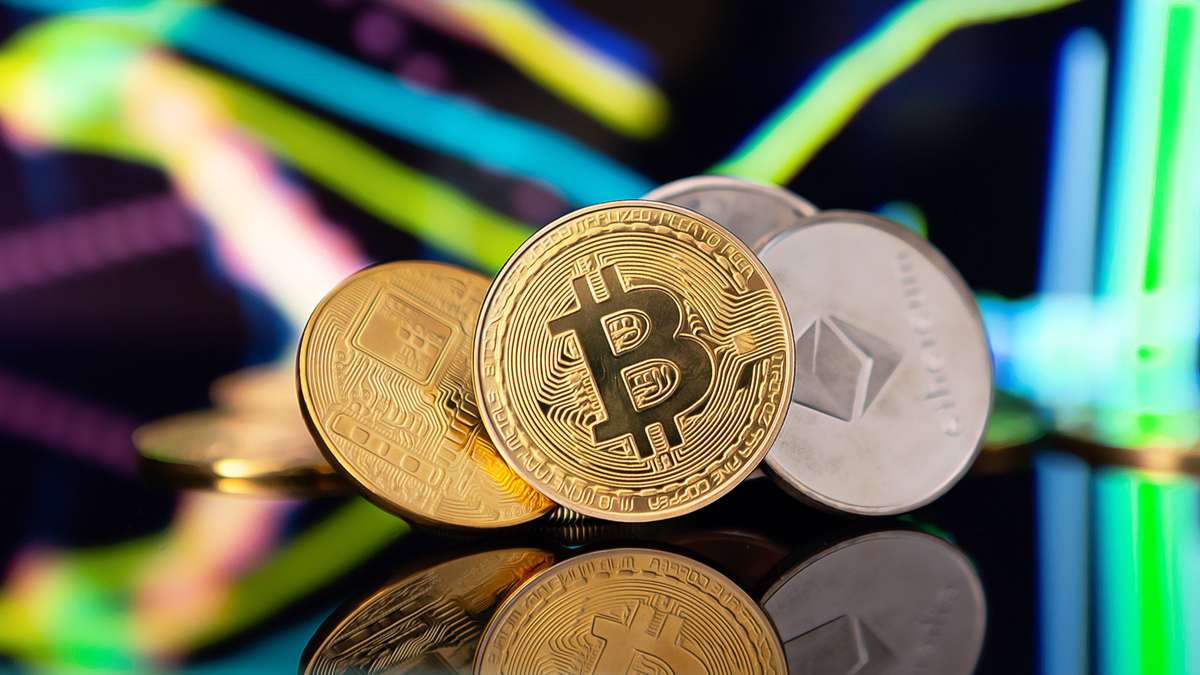

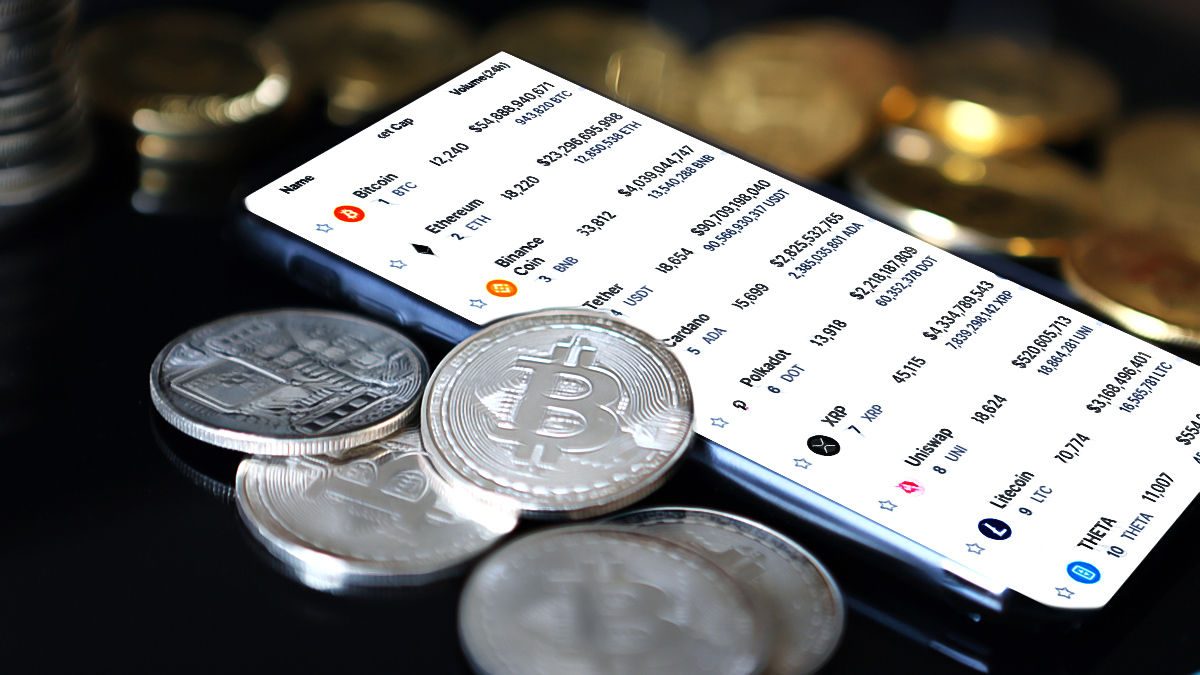

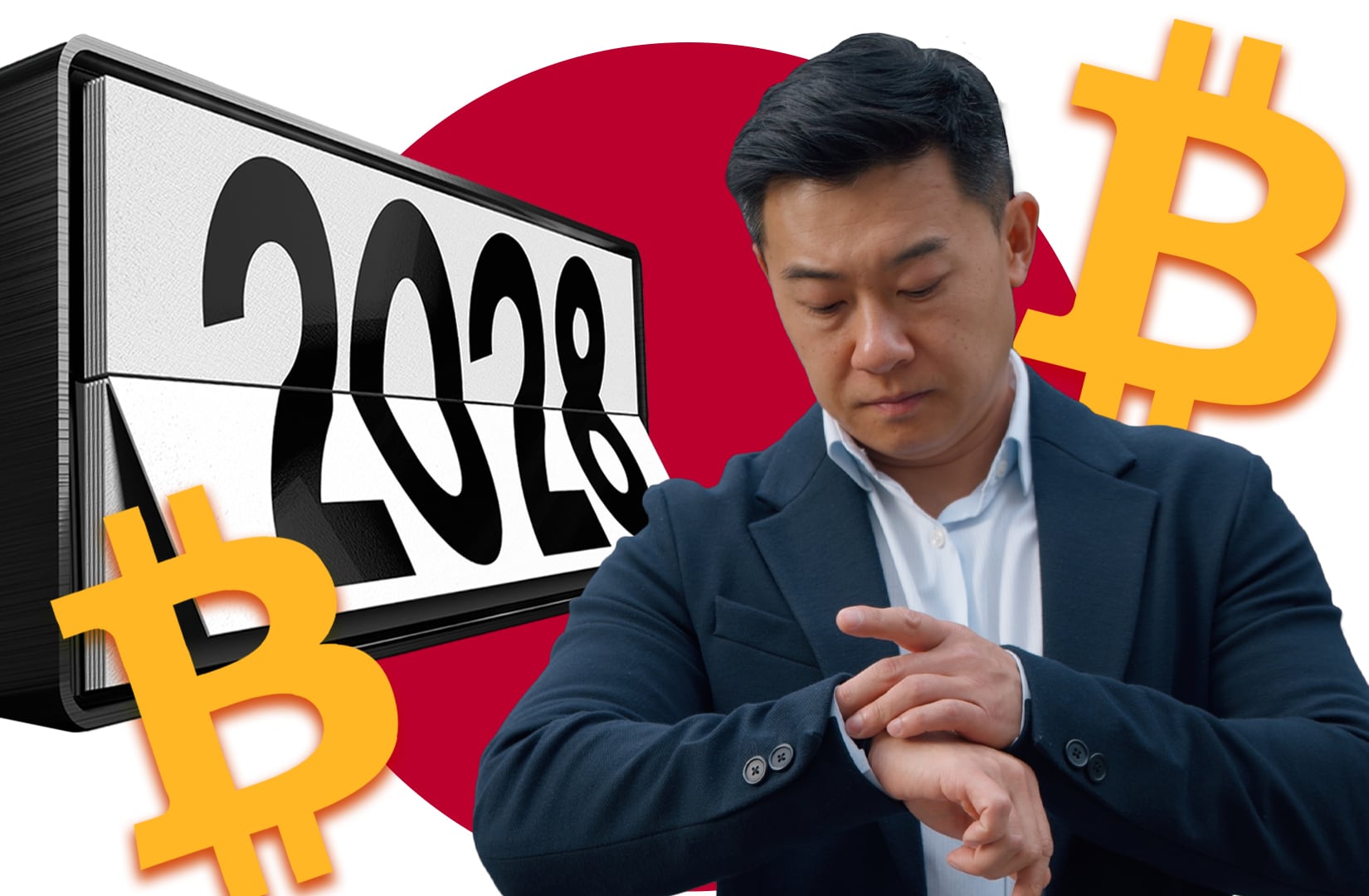




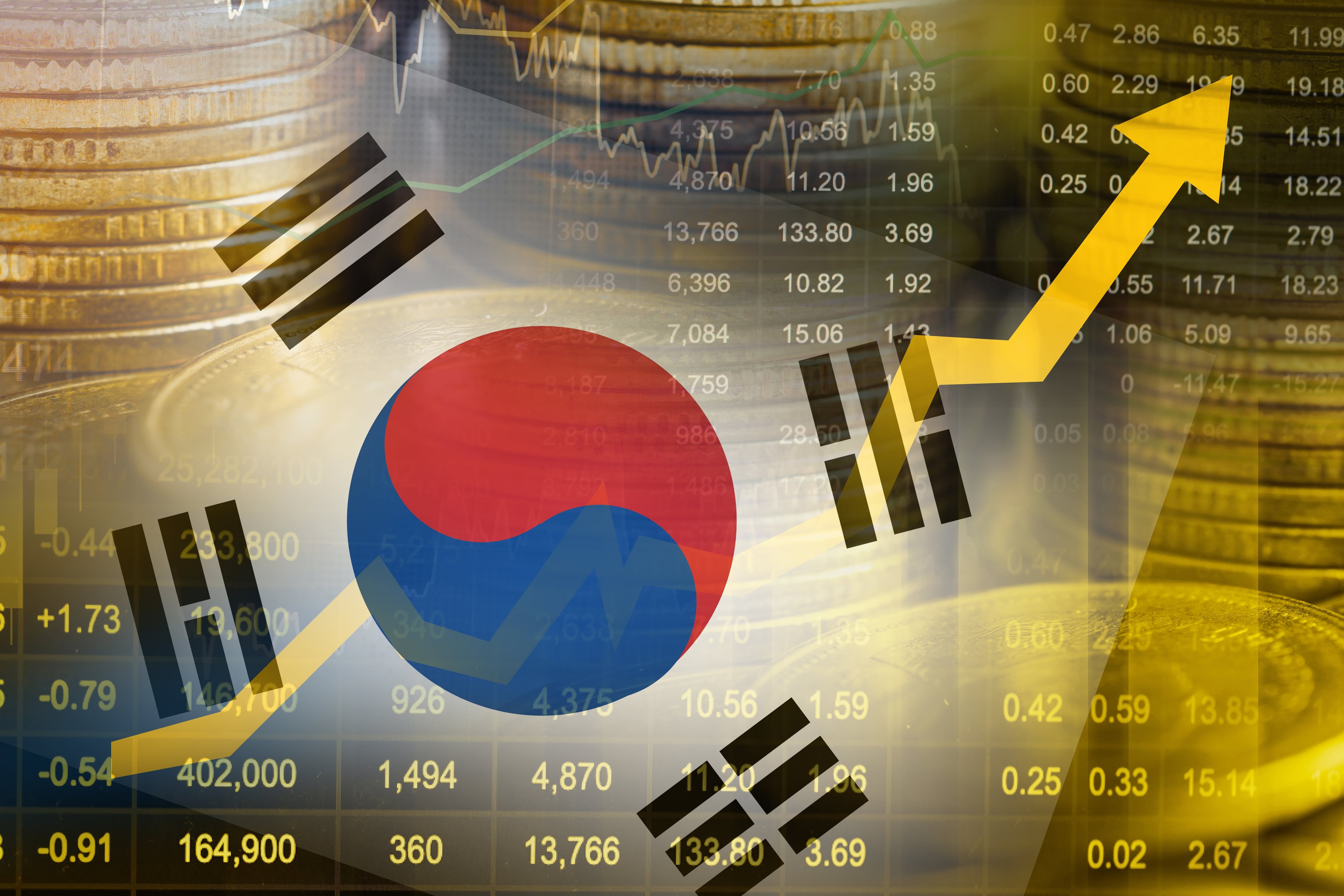
 24h Most Popular
24h Most Popular
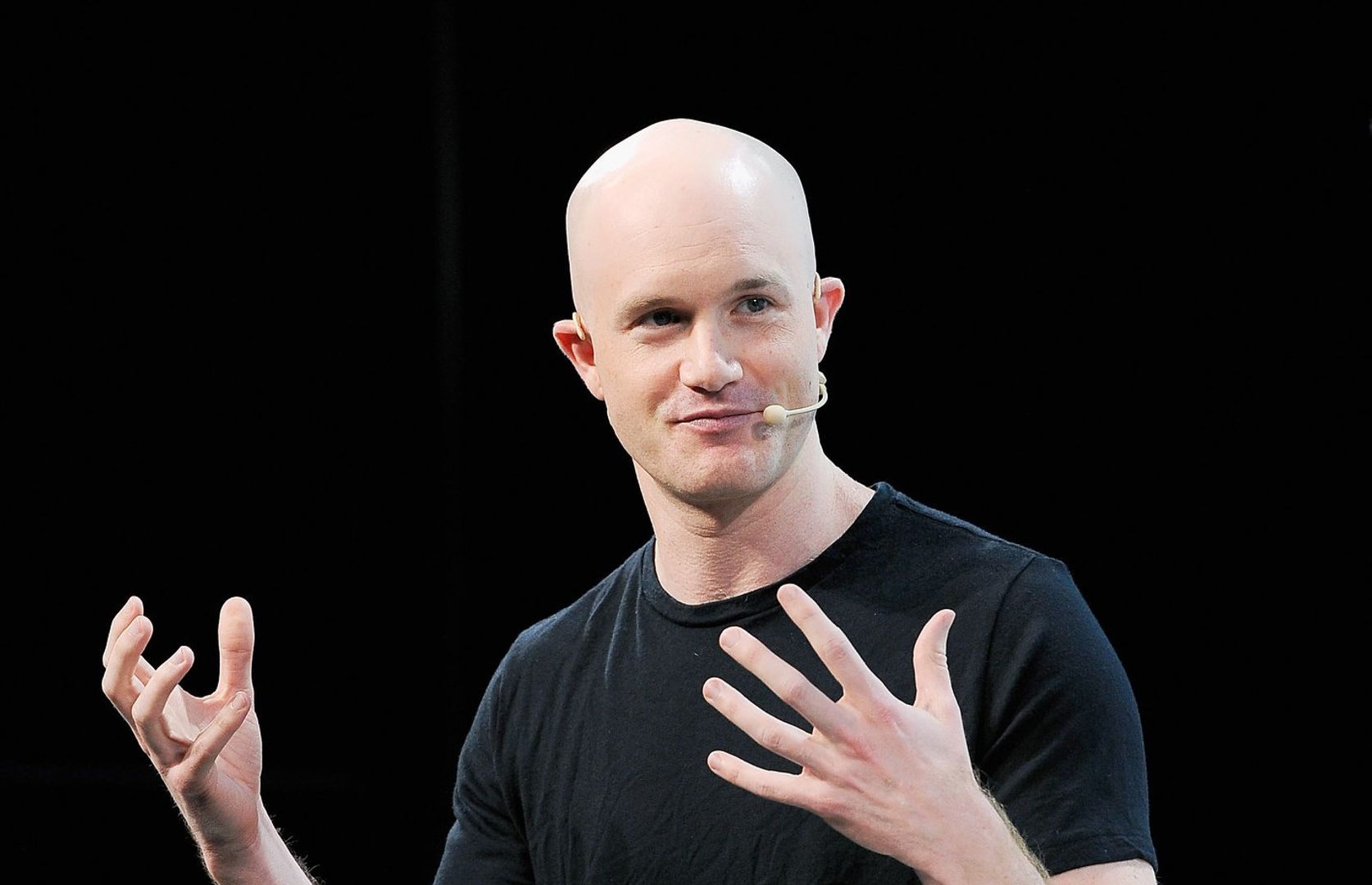


 Utilities
Utilities